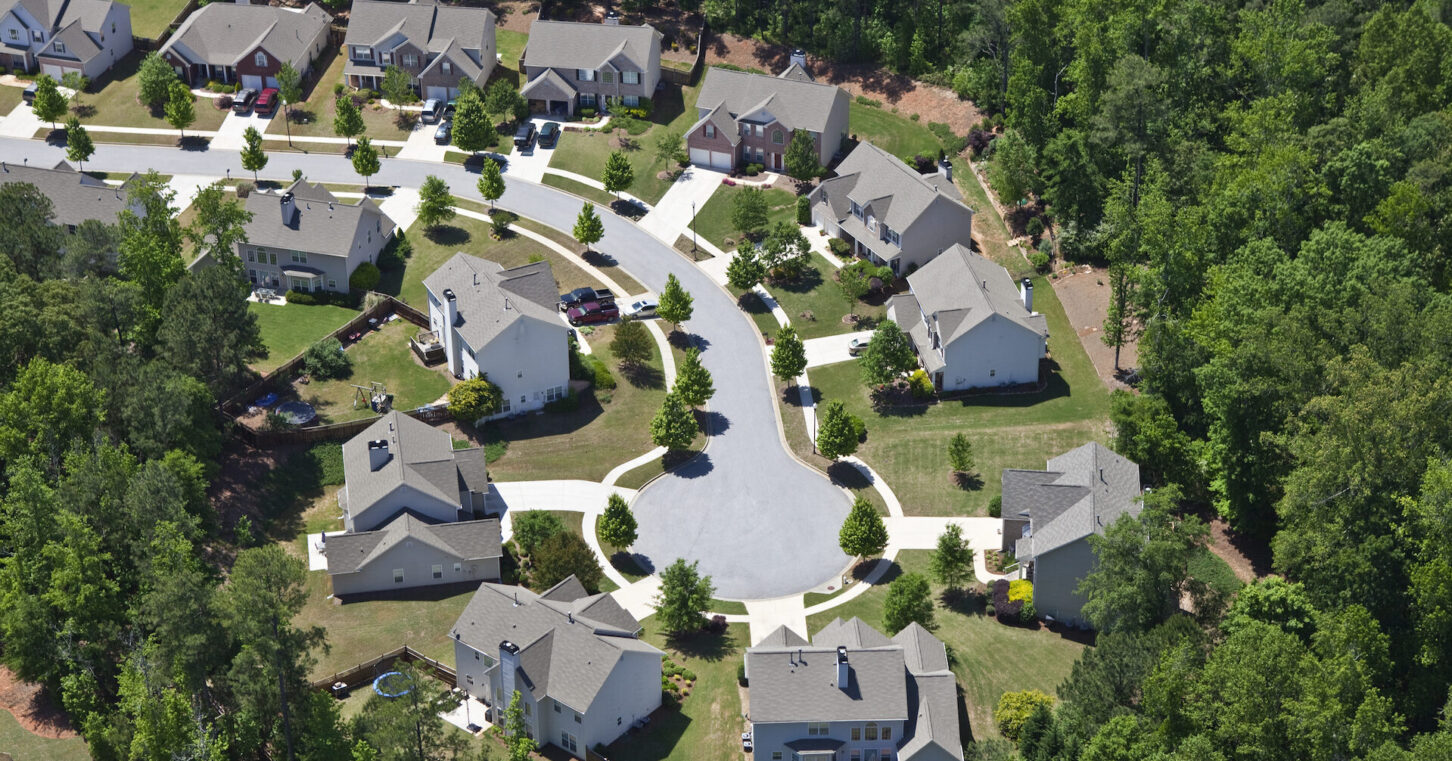
It’s tax time for local governments across Georgia, the season when cities, counties and school boards review their updated tax digests and set their millage rates for the year.
That means it’s also grumbling time at kitchen tables across the state. And with the rapid rise in the values of most homes, there’s more grumbling than usual.
While I know of no one who enjoys paying taxes, few, if any taxes are reviled as much as the property tax. People feel their objections to it in their bones.
We could look at facts and figures that explain why, but this really comes down to moral arguments and a basic sense of fairness.
First, let’s look at an argument that holds less water. Some people oppose property taxes because if you have to keep paying tax on your home as long as you own it – and the government can take it away if you don’t pay – then you never really own it.
I understand that argument, and sympathize with it up to a point. But that thinking could also be applied to everything else that is taxed: For example, if part of your paycheck never makes it to your bank account before it’s diverted to the government’s coffers, then you don’t fully own the fruits of your labor, either. That particular offensiveness is inherent in taxation.
No, the argument against property taxes that cuts the deepest, to me, is the one that recognizes how much more arbitrary they are than any other tax we pay.
There are two components to property taxes: the property’s assessed value and the rate at which it’s taxed, known as the millage rate. Almost every other debate about tax fairness – whether on income, consumption or something else – focuses on the tax rate imposed. Entire elections are fought over changing a tax rate by even a few percentage points.
But for property taxes, people get just as upset about the assessed value, the basis on which the rate is applied. And for good reason.
That’s because no other tax has a basis that someone else simply invents. Your income is your income; your purchases are your purchases. There may be certain types of income or purchases that are not taxed, and those deductions and exemptions do spark debate. But on the whole (and setting aside the black market) there’s not much disputing how much money you earned or spent.
When it comes to your home, though, the basis often feels untethered from reality.
Everyone knows what they paid for their home. But when property assessments arrive in the mail each year, most people genuinely have no idea what they’ll find when they open the envelope. That element of surprise reflects an inherent problem with the property tax.
Put another way, the property tax is the only time we are taxed because of other people’s economic decisions.
There’s the decision made by the county’s appraiser, yes. But even to the extent that valuation is rooted in reality, such as nearby home sales, it is based on decisions other homeowners made.
Here’s what I mean: When your neighbor sells his house, both he and the buyer have made a decision. No one consulted you, nor do your own finances have any bearing on the price they agreed upon.
But the price they agreed upon does have a bearing on your finances, because the appraiser will use it to determine the new value of your home.
You don’t have any more money in your pocket, and won’t until you decide to sell your own home. But you may have to pay more tax. How is that fair?
All of this contributes to a sense among homeowners that they are being taxed unjustly.
Bills to limit how local governments can levy property taxes are commonplace. (The state’s millage rate is currently zero.) Some might even bring relief.
But as long as this fundamental flaw remains in the system, people will hate property taxes.